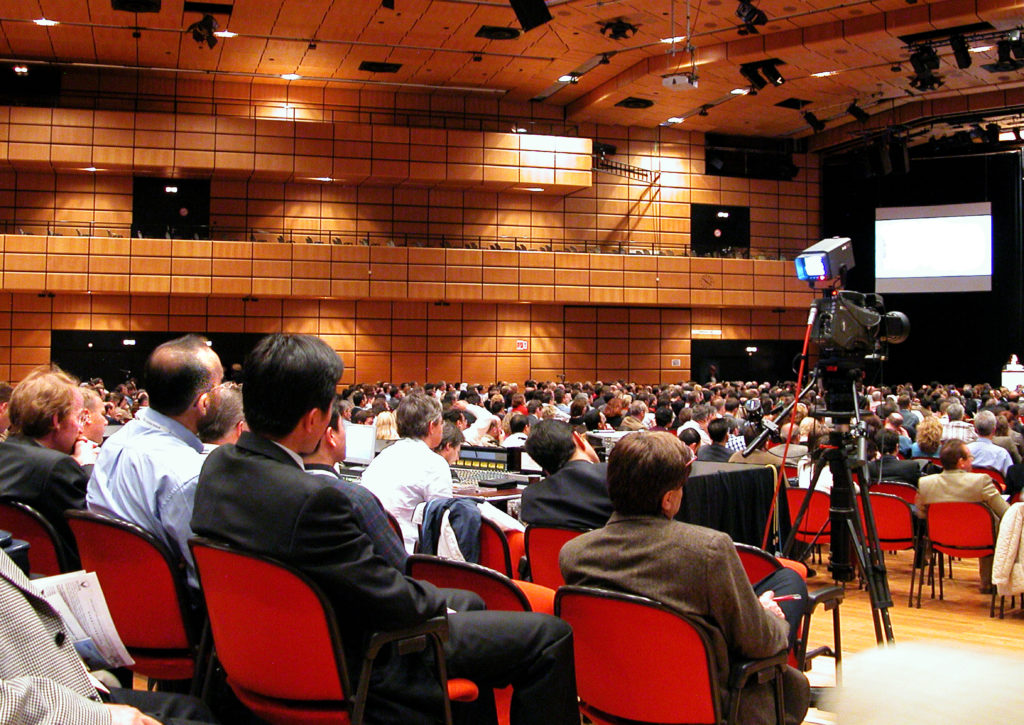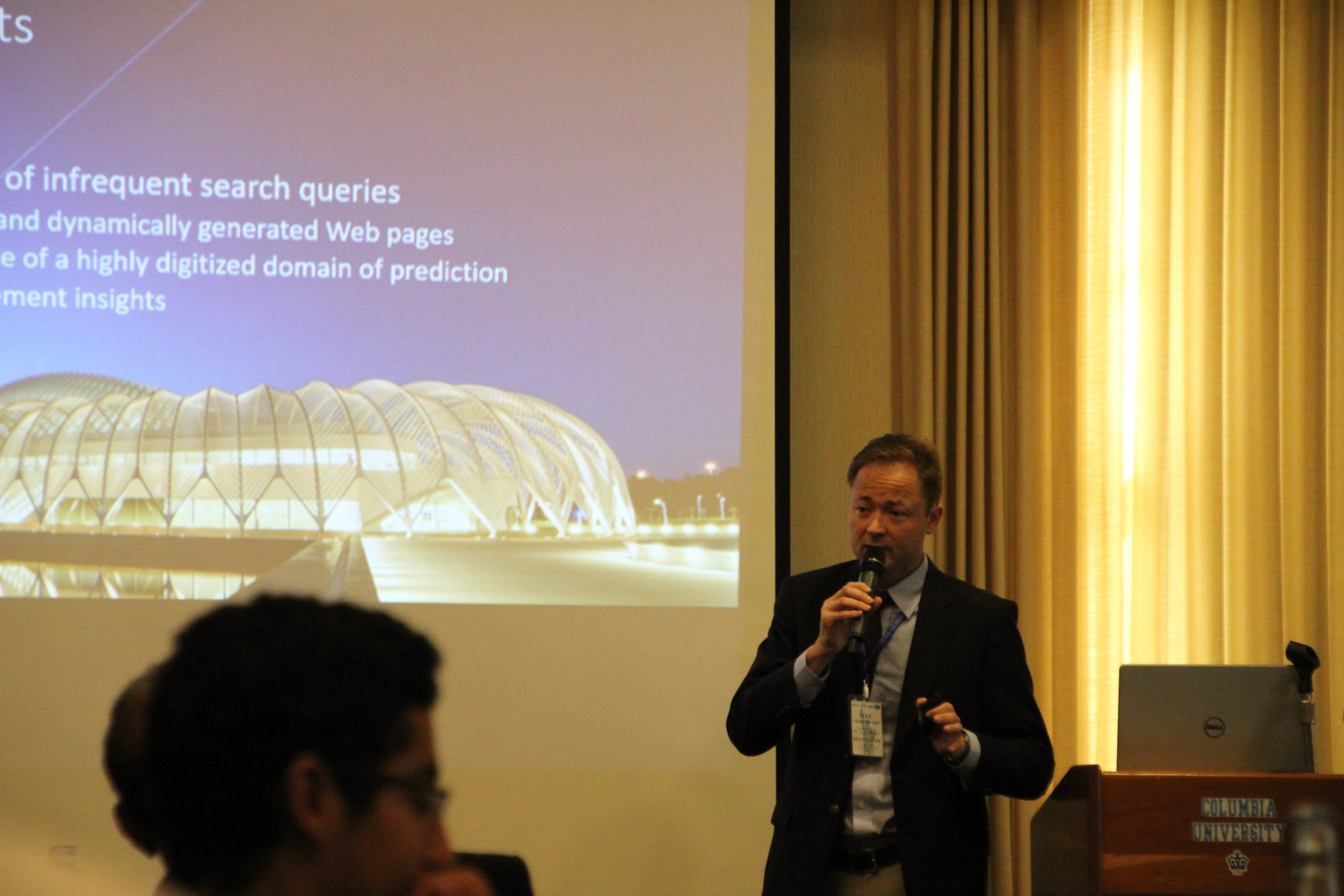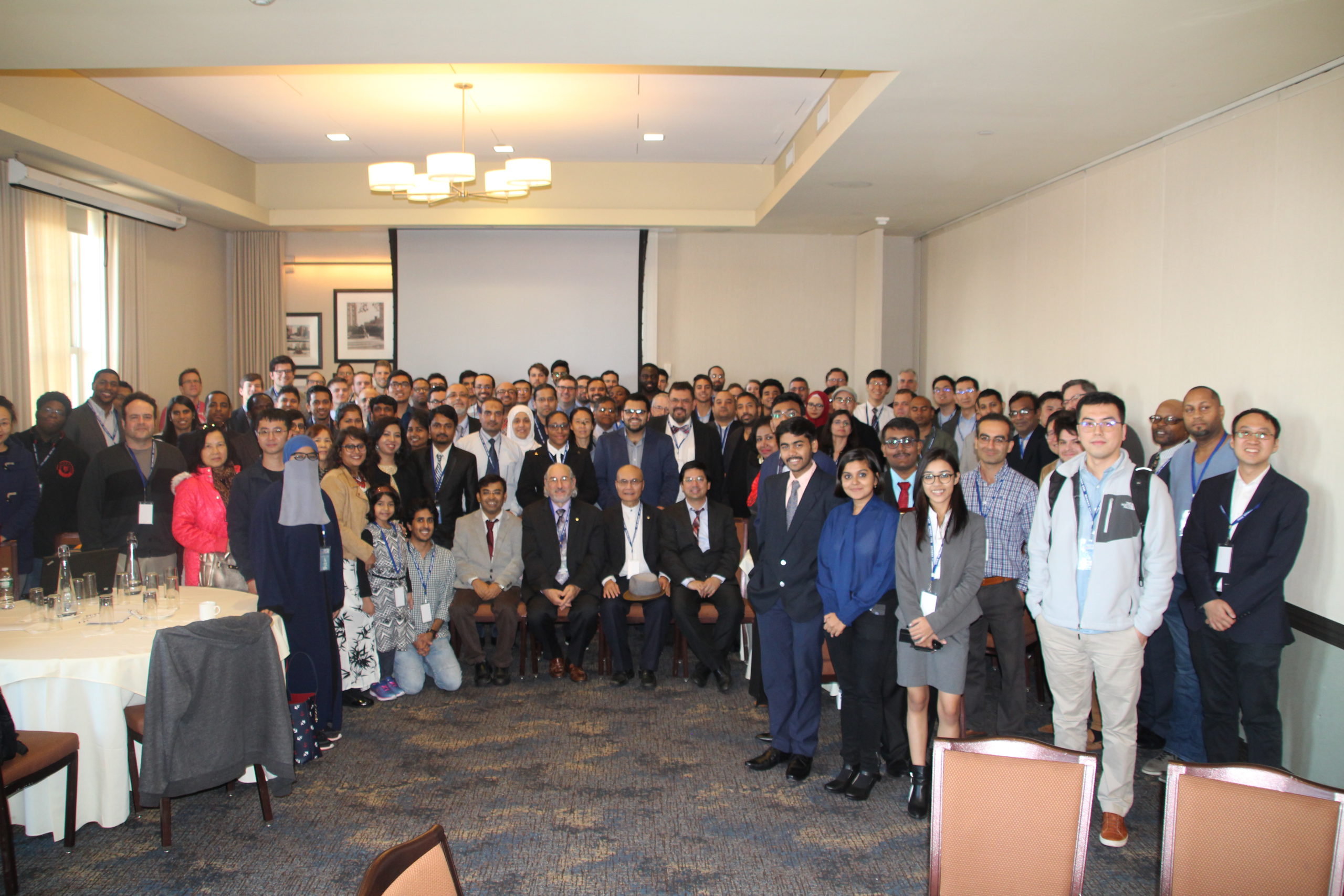Full Paper Submission- 02nd May 2023
GCAIA 2023 is a two-day International Conference specially designed with a cluster of scientific and technological sessions, providing a common platform for researchers, academicians, industry delegates, scientists, professionals, industry and government policy-makers, engineers, and students across the globe to share and exchange their knowledge and contribution. This conference attends to emerging areas of research and development related to the new challenges presented by the COVID-19 pandemic, focusing specifically upon aspects and applications of artificial intelligence.
The conference is equipped with well-organized scientific sessions, keynote and plenary lectures, research papers, poster presentations, and world-class exhibitions.
This conference also has some special sessions related to innovative applications with Artificial Intelligence, Internet of Things, and Cloud Computing and a demo session for innovations achieved through prototyping and simulation.
Topics and technical areas of interest include but are not limited to the following:
Track-1:-Hybrid AI Systems
• Fusion of soft computing and hard computing
• Intelligent Human Interfacing
• Intelligent agent-based systems
• Cognitive and Reactive distributed AI systems
• Computation in Bio-Medicine
• Intelligent Time Series processing
• Evolutionary Computation
• Ensemble Techniques
• AI and Robotic Process Automation
• Edge Computing and Artificial Intelligence
Track-2:-AI in Smart Healthcare
• AR/VR and Cloud Computing for AI in Healthcare
• Big Data Management and Processing using AI in Healthcare
• AI enabled IoMT techniques and methods
• Data Usage, Analytics and Applications of AI in Healthcare
• Modelling and Simulation Techniques for AI in Healthcare
• AI in medical image processing
• AI/ ML in healthcare data analysis and interpretation
• AI and healthcare robotics
• Current & Future Trends, Challenges and benefit of AI in Healthcare
• Leveraging AI to optimize drug design and development of drug
Track 3:-AI Empowered Future Communication
• AI/ML powered beyond 5G networks
• Resource allocation for shared/virtualized networks using AI
• Network QoS with AI & ML
• Network security with AI/ML
• Big data and learning fusion in future connection
• Edge intelligence for future connection
• AI/ML powered space-terrestrial integrated networks
• Intelligent future connection experiment testbeds
• Protocol design and optimization using AI
Track 4:-Advanced Computing and Statistics
• NLP and Machine Translation
• Intelligent Control and Automation
• Visual and Multimedia Computing
• Audio and Speech Processing
• Big Data Analytics
• Mathematical Modeling and Optimization
• Mathematical Statistics
• Combinatorial game theory
• Pattern Recognition and Analysis




